A Chat with Elias Axel-Pettersson ’98
His musical journey has taken all around the world, and now back to the Southwest
Pianist Dr. Elias Axel-Pettersson ‘98 is an accomplished musical artist in the Southwest. In addition to being a frequent performer and adjudicator at various festivals across the nation, he is the Director of Competitions at the Arizona Piano Institute and the founder of the Southwest Piano Festival in Albuquerque. Throughout his musical career, he has gained a reputation as a talented and influential musician. I had the opportunity to interview Dr. Pettersson recently, during which we extensively discussed aspects of his experience at the Academy, his musical education, his career as a musical artist, and his various interests and hobbies aside from music.
Dr. Pettersson was introduced to music at a very young age. After emigrating from Sweden to Denver, he began violin lessons at two and a half. Indeed, his first memory is of one of his violin lessons in Colorado. In 1983, Pettersson moved to Albuquerque, where he would spend the rest of his childhood. Already a talented violinist, he studied under Jonathan Armerding, a longtime strings instructor at the Academy, and Lenny Felberg. He was introduced to the piano at age five, and became immersed in performing with various musical groups. Pettersson was an enthusiastic member of youth orchestras throughout his childhood, mainly because he “loved the atmosphere, the camaraderie, and the spirit. It was kind of my safe place.” Growing up, he felt that he didn’t “fit in” many communities, the Academy amongst them, but he always felt welcomed in the musical community. “I had [a] very close group of friends that did all the nerdy things with me: my orchestra and music buddies,” Dr. Pettersson recalled, “and it was a great place for me.” It was these childhood experiences that naturally led him to a career in music.
One of Dr. Pettersson’s most memorable moments as a child was when his mother, who always attempted to provide him with the best possible education and musical opportunities, took him to a Victor Borge concert for his birthday. A performer who took on late-night musical comedy, Borge was a famous musical comedian, delighting audiences by mocking composers and stereotypes. Pettersson’s parents wrote a note to Borge during the intermission, which thanked him for a great performance while also introducing Pettersson and connecting the heritage of Dr. Pettersson’s family with Borge’s. To Pettersson’s great surprise, Borge himself “came out [onstage after the intermission] and mentioned, ‘There’s a boy in the audience who’s celebrating his birthday. Would he please stand up?’ … He made a joke [about my birthday] and then he played some happy birthday, a Mozart and Beethoven-styled version.” Pettersson was flattered, and he recalled thinking, “‘What a wonderful experience to get up there and make jokes and have people enjoy [the music]!’” This concert served as one of the main inspirations for Pettersson’s career, and to this day he continues to try and incorporate humor into his concerts as much as possible to make each and every one of his listeners feel as if they belong in the concert hall.
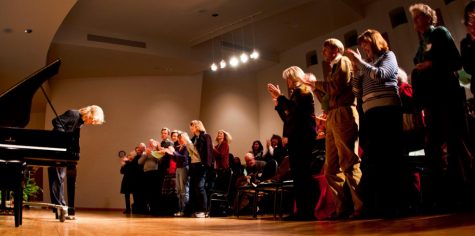
Before Dr. Pettersson was born, his mother and her family immigrated from Russia to escape the pogroms, which were a series of massacres and riots attempting to drive Jews out of the country. His family immigrated to the U.S. for a better education and a more peaceful life. That’s why the arts, languages, and education, in general, were highly emphasized in his family. Dr. Pettersson found that, at the Academy, “all of those [concepts] resonated with me and resonated with a lot of my friends and classmates.” The friends that he made at the Academy have remained close to him throughout his life, even though they have all gone in different directions with their careers and lives. He was involved in various performing arts groups at the Academy, and found a group of friends who shared his passion for music. Dr. Pettersson loved performing at the Academy, returning to the school in his college years to perform alongside faculty members. He graduated from Academy as a member of the Class of 1998. He maintains that his experiences at the school shaped his life and certainly his career.
Dr. Pettersson mentioned that his college years were “actually some of my most formative years [as a musician.]” Studying at the University of Rochester, with notable music and science programs, he immediately felt a bit overwhelmed. Pettersson realized that he “wasn’t really on the career path or the conservatory path … [because] [his] teachers didn’t prepare [him] so much for going on as a conservatory student.” Nevertheless, he tried to absorb as much music as possible, going to over 100 concerts a year, each only $4 at the time, and “really immersing [himself] in the college life.” He decided to investigate the life and the compositions of many composers that are considered relatively unknown in the 400-year-plus scope of Classical music, writing his thesis on Modest Mussorgsky’s “Pictures at an Exhibition,” a groundbreaking work composed in 1874. Pettersson left college as a transformed musician, fully equipped to launch his career.
Amongst Dr. Pettersson’s initiatives is his founding of the Southwest Piano Festival in 2015. The festival is an annual Classical music event held in Albuquerque in late June. The origin story of the festival is quite interesting: although Pettersson currently lives in Phoenix, Arizona, he frequently returns to Albuquerque. Since he returns so frequently, he wanted to establish an event that could be “an organized, professional, and regular venue for [him] to perform, and maybe even to get other people in it as well.” It was Pettersson’s way of creating opportunities both for himself and for other rising pianists. The festival “has never charged [and likely never will charge] an entrance fee for the audience,” and therefore serves as an encouraging platform for assisting the careers of young performers and helping them grow their reputation. It was a huge success in 2015 and has since grown significantly. Pettersson has invited various other performers, including Academy alumnus Colin Martin ‘11, to play at the festival. Although the festival had to endure a two-year hiatus due to the COVID-19 pandemic, it has resumed and gained quite a following. Pettersson maintained that he would like the Southwest Piano Festival to be remembered as one of the highlights of his musical career.
Dr. Pettersson also serves as the Director of Competitions for the Arizona Piano Institute (API), an influential music institution in the Southwest. One of the institute’s first major successes was establishing an online competition during the COVID-19 pandemic. With a limited staff, Pettersson noted that “the month preparing for it was a lot of work, a lot of time; yet certainly, it was a labor of love.” He added that the organizers of the competition, including him, “didn’t even know if it would be viable … as there are so many competitions [around the nation] and it was [only] our first year.” The competition, however, was a huge success — nearly 130 competitors applied, most of them from outside the state. Dr. Pettersson believes that this success was largely due to the inclusivity and generally positive competition environment that API provides. A piano competition has only a few winners; thus, those who do not win often feel that they have a lot to improve on and often receive negative comments. However, it is often forgotten that even those who didn’t win have spent months preparing extremely polished, detailed, and accurate pieces. That’s why Dr. Pettersson maintains that all competitors always deserve to have positive, respectful feedback from judges. Pettersson noted that “even though this event is a competition, it has to be very supportive … So I actually read all of the comments myself to make sure that they would be okay with going out to a student or a teacher.” He maintains that even as the competition expands its reach, it will retain this core element of positivity no matter how large it grows.
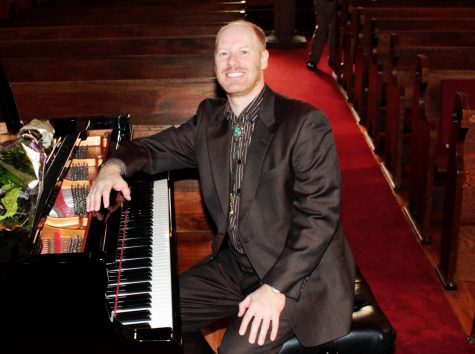
Pettersson is “always expanding [his] horizons” and looking for new, innovative opportunities to learn, explore, and teach music. He teaches private lessons at 501(c)(3) nonprofit, Rosie’s House, which offers free lessons to underprivileged students. And he has even tried to expand his musical scope outside of the Classical realm, introducing himself to new genres such as Indian Classical music and premiering many works by emerging contemporary composers.
In his (limited) free time, Pettersson enjoys playing competitive chess as well as other board games. He has played in various tournaments since he was in middle school. He also enjoys reading, biking, playing pool, and spending time with his wife and two cats.
Nevertheless, music remains at the center of Pettersson’s life. He is an artist with a multifaceted career and a significant background in music performance and instruction. And Pettersson will never stop sharing his love for music with anyone who will take the time to listen. Whether in the field of music or not, we can all learn a lesson from Dr. Pettersson: don’t be afraid to share your passions with the world.


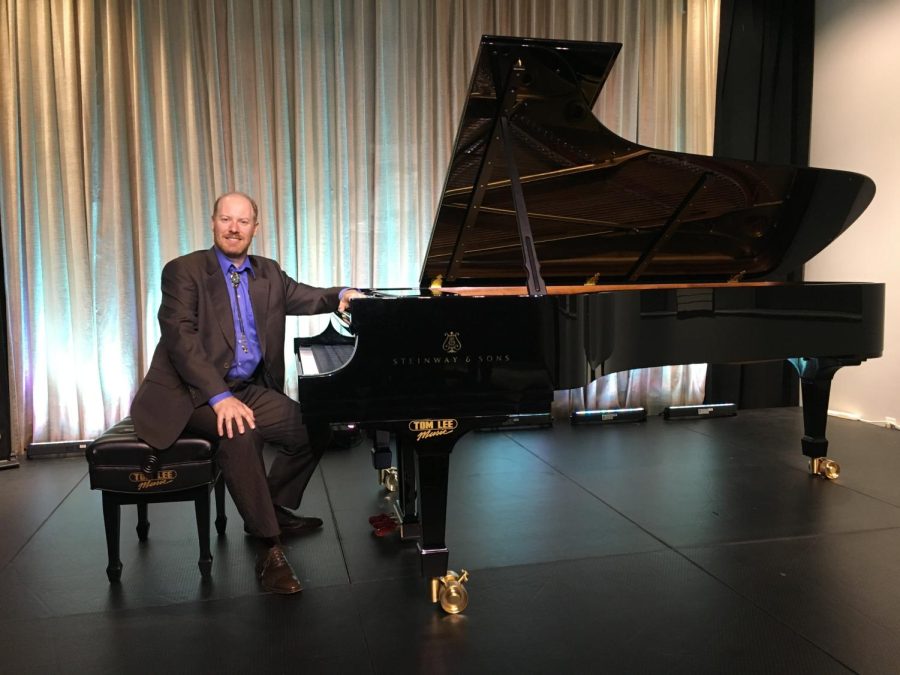
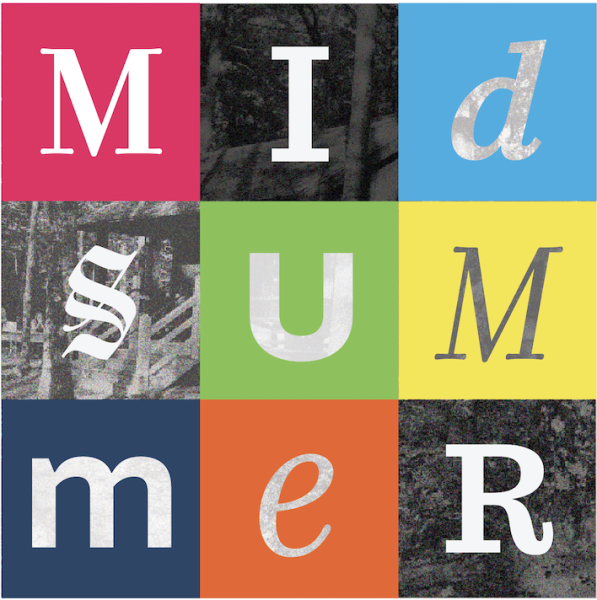
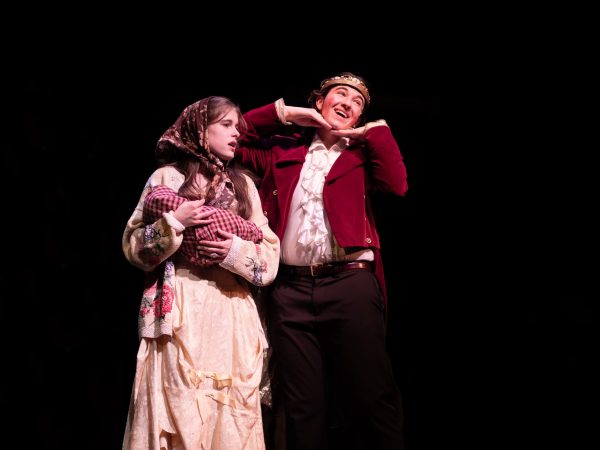
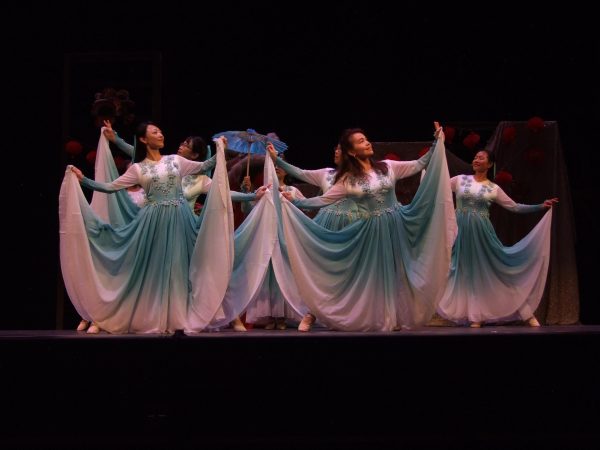
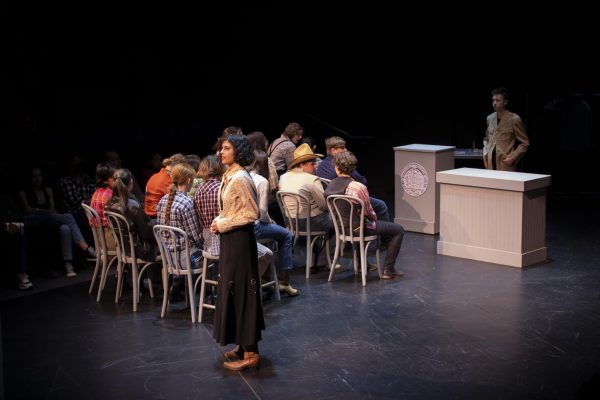
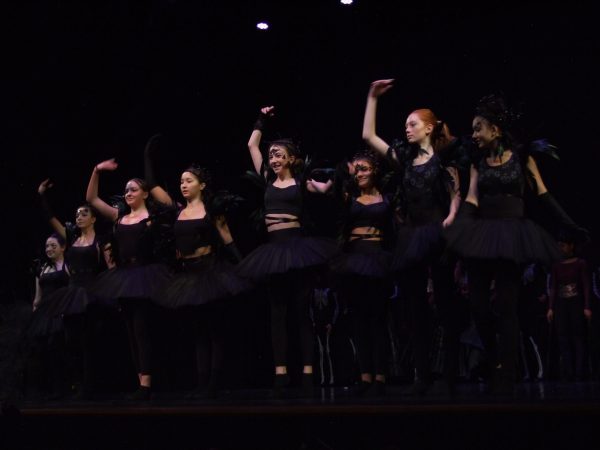
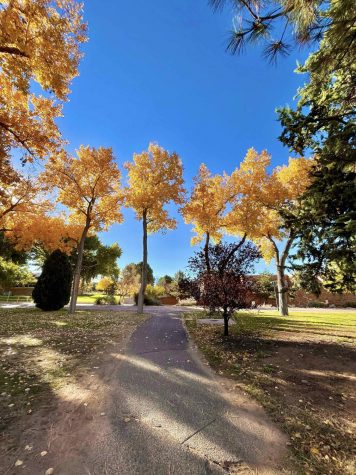
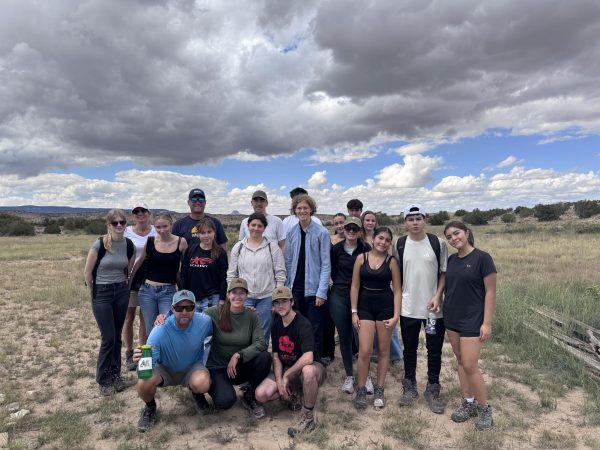
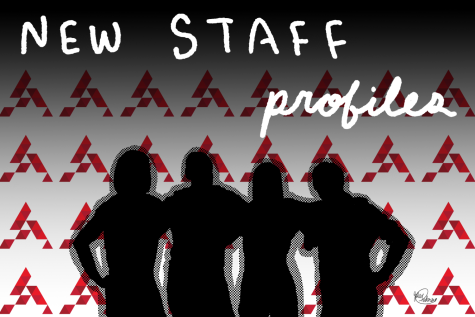
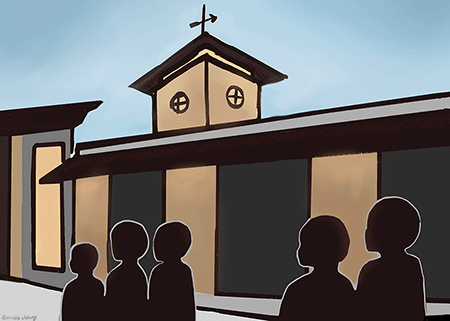
Elias-Axel Pettersson • Oct 18, 2022 at 12:59 pm
Thank you for the wonderful article, Akilan. I look forward to seeing your own continued musical growth in the coming years! Regards from AZ:)